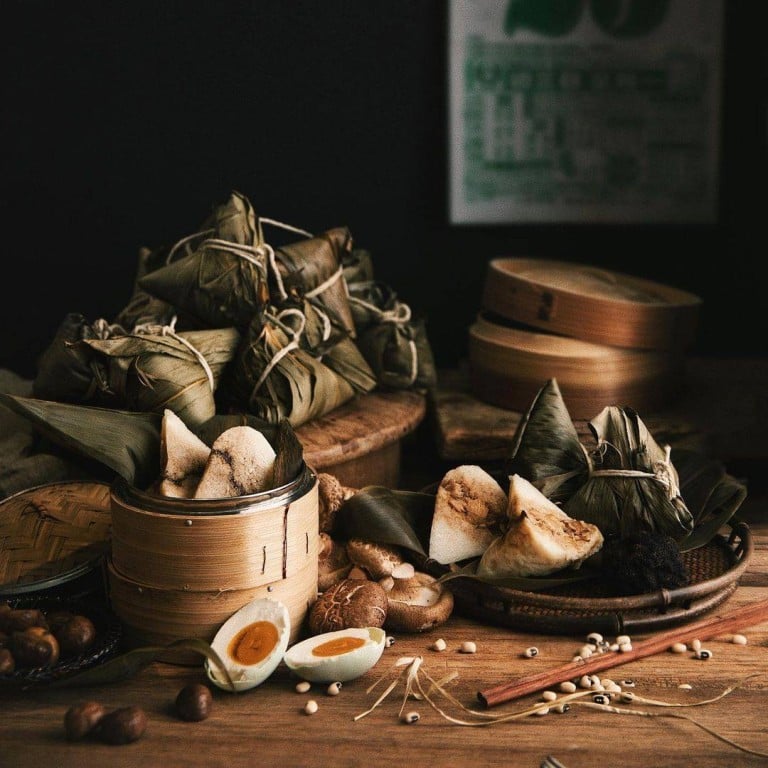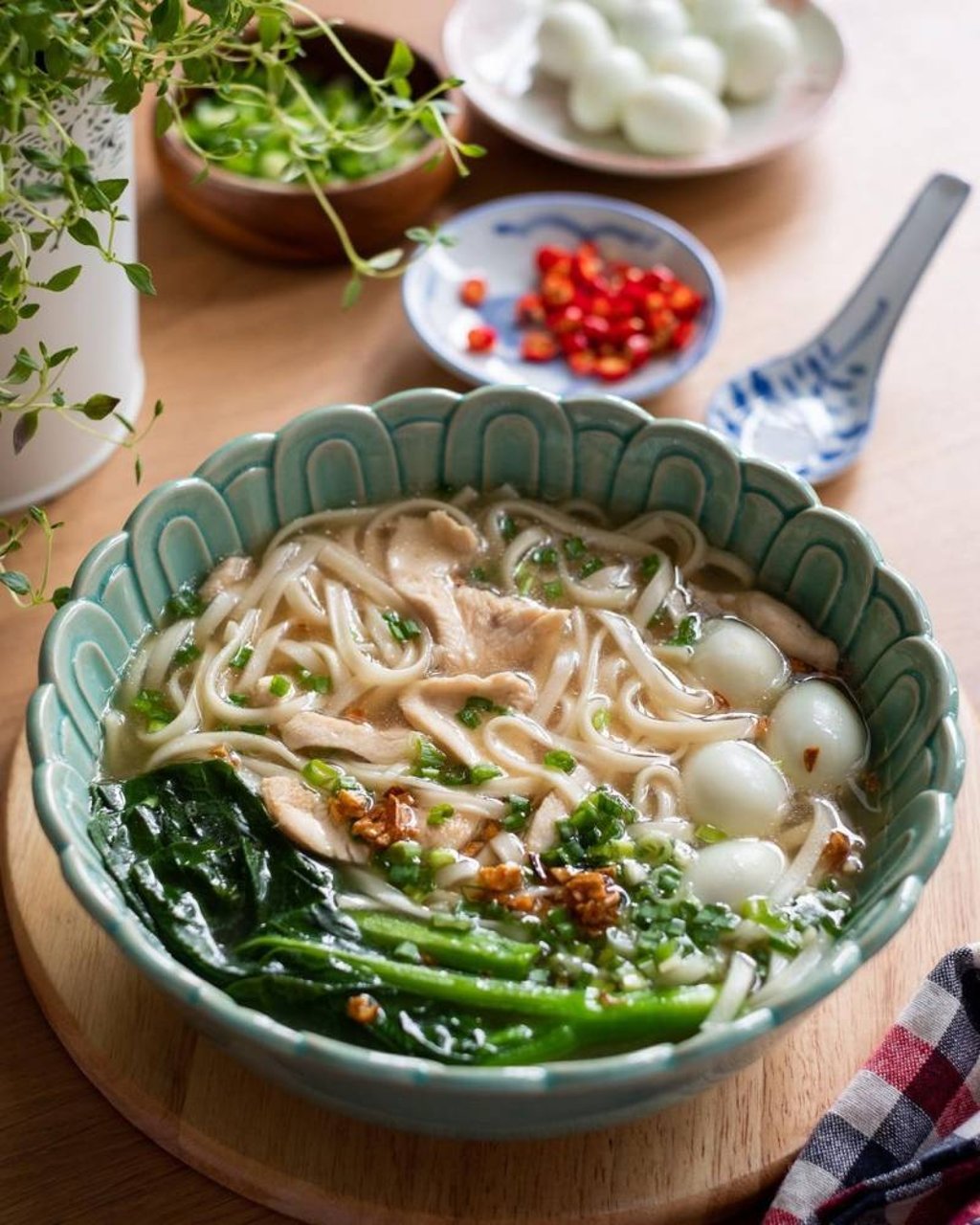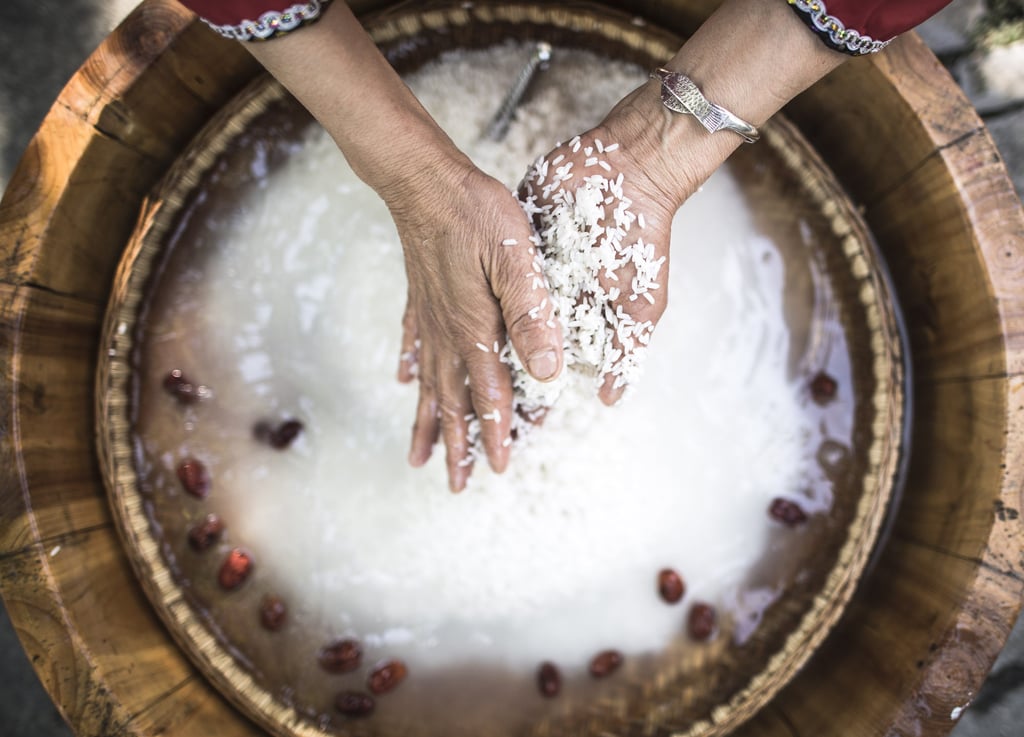Why do we eat zongzi during Dragon Boat Festival? The history behind the rice dumpling, plus 10 ways it’s prepared throughout Asia

- In China, zongzi commemorates the historical poet Qu Yuan – but the dish appeared 5,000 years ago, with some considering it the first ‘fast food’ for farmers
- Chinese provinces have their own versions – such as Guangzhou’s ham, salted egg and chestnut rendition – so do Japan, Taiwan, Thailand, Vietnam and Indonesia

June 14 marks yet another exciting food-driven holiday for not only Chinese people but Vietnamese, Singaporeans, Taiwanese and Cantonese people all around the world.
You may perhaps already know that the reason we eat rice dumplings (aka zongzi) in summer is to celebrate dragon boat races held on the river, as well as to remember a figure in Chinese history: Qu Yuan.
A talented poet and minister, Qu Yuan was exiled by his king thanks to some back-stabbing fellow officials. Years later, as his beloved home fell to a rival army, he is said to have committed suicide by drowning himself in a river.
The story goes that locals jumped into boats and paddled furiously out onto the river in an attempt to save him, but when they realised their efforts were in vain, rice dumplings wrapped in bamboo leaves were thrown into the river to stop the fish from feasting on Qu. Large beating drums on boats were used to ward off evil spirits to save and respect the deceased poet.

A beautiful story – though many will tell you that zongzi existed long before Qu Yuan did – 278BC – citing documents reportedly showing that more than 5,000 years ago, zongzi were offered as sacrifices to ancestors, since animals were too costly.
Still other historians have labelled early versions of zongzi as the original fast food, which was consumed by Chinese farmers who were out in the fields and needed a quick ‘handheld’ meal on the go.